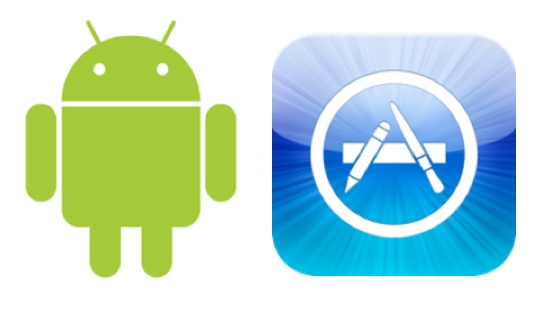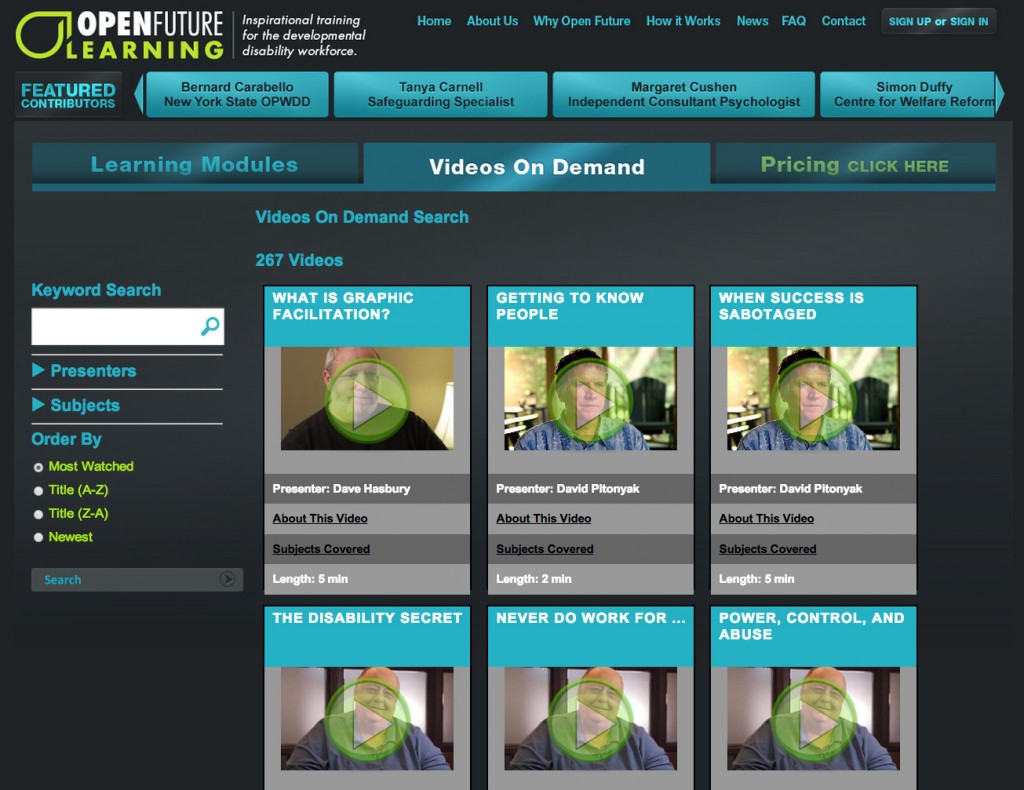For a workforce that rarely sits behind a desk tablets are the future of digital learning. After much development work and testing we now release our specially designed and dedicated apps for both Apple and Android powered devices.
For more information and to download please visit the Apple or Android store.



